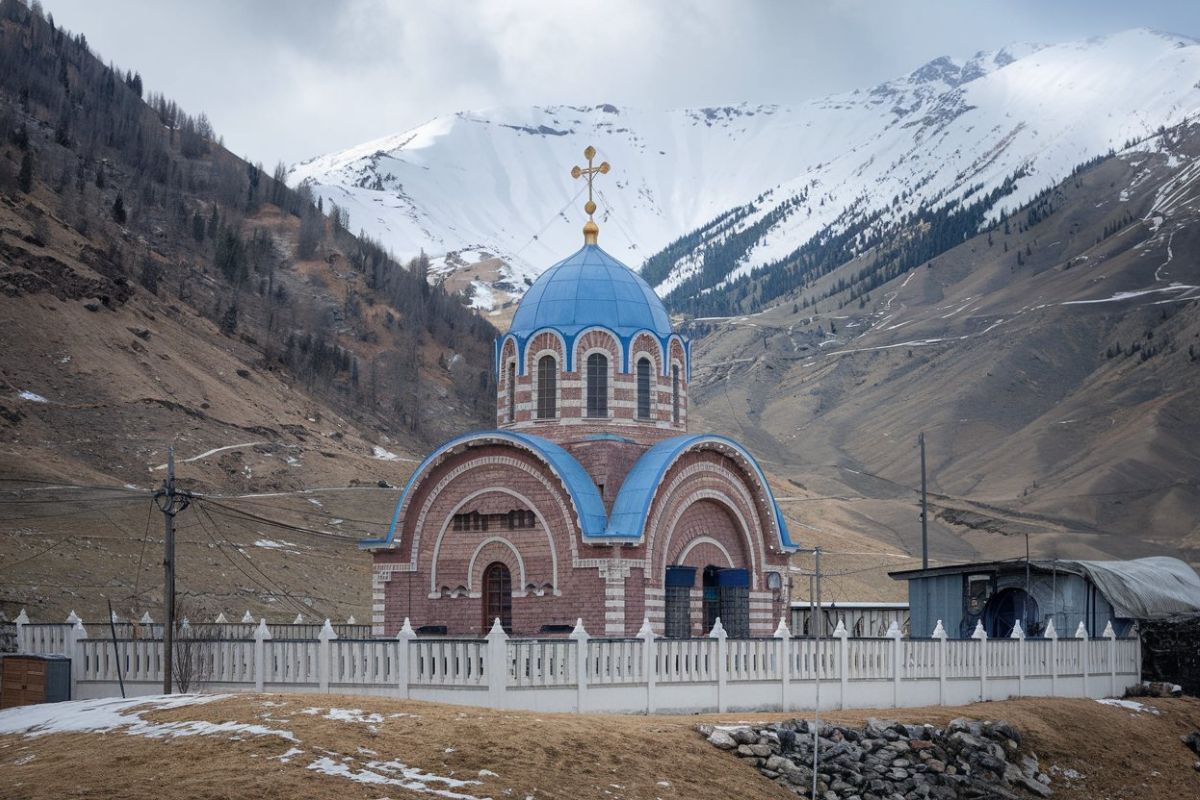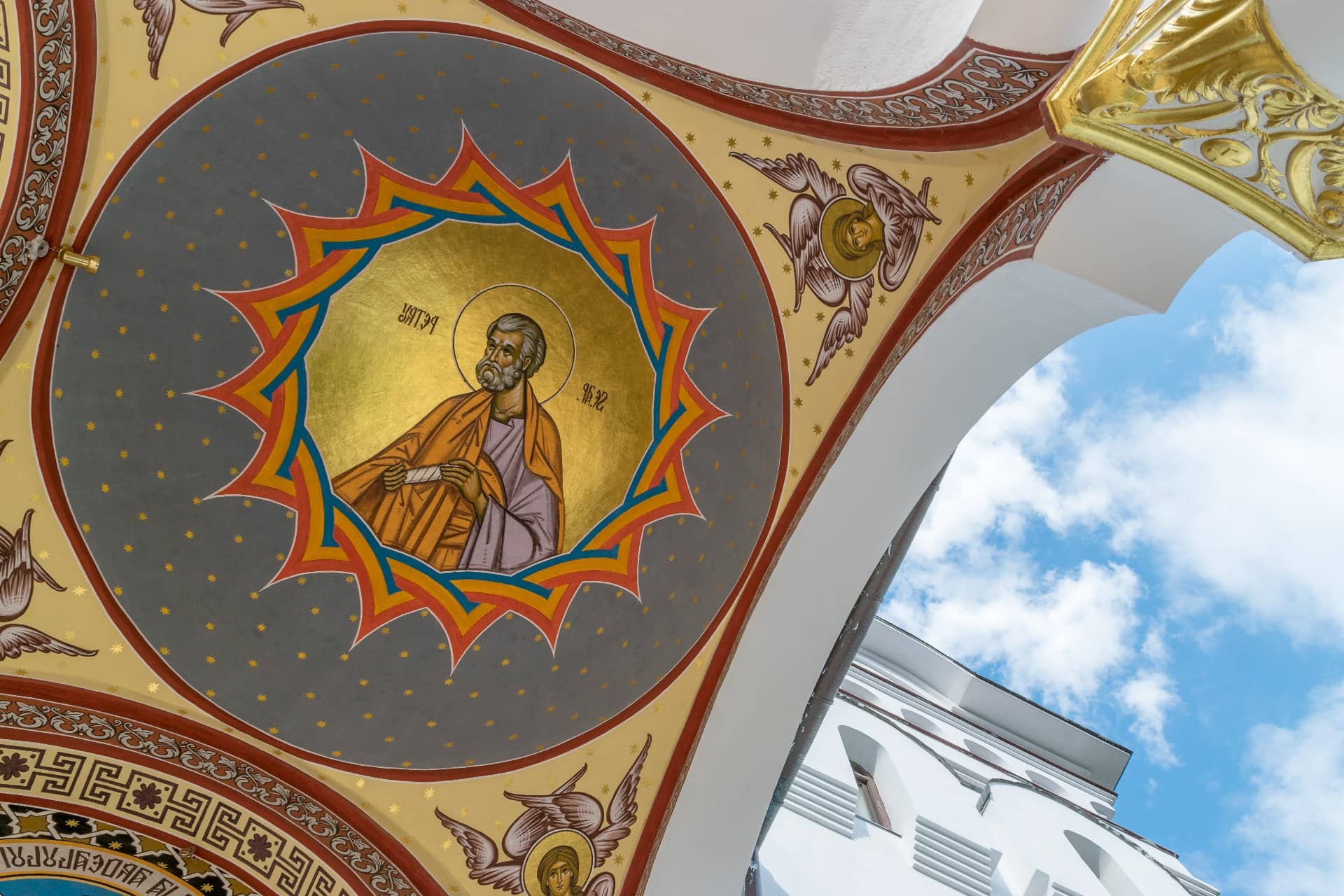
What is a Territorial Prelature? A territorial prelature is a unique type of ecclesiastical jurisdiction in the Catholic Church, governed by a prelate, often a bishop. These prelatures are established to provide pastoral care in specific geographic areas, particularly where the local population is predominantly non-Catholic. The Pope establishes them through a papal bull, ensuring that the spiritual needs of the community are met. The prelate oversees parishes, appoints clergy, and manages liturgical practices. Territorial prelatures also engage in social services, education, and interfaith relations, making them vital for the spiritual and communal well-being of the regions they serve.
What is a Territorial Prelature?
A territorial prelature is a unique type of ecclesiastical jurisdiction in the Catholic Church. Governed by a prelate, usually a bishop, it serves areas where the local population is predominantly non-Catholic. Let's delve into the key aspects of territorial prelatures.
-
Definition and Purpose: A territorial prelature is established to provide pastoral care to a specific geographic area, ensuring the spiritual needs of the local population are met.
-
Establishment: The Pope establishes territorial prelatures through a papal bull after a thorough examination of the local situation, including demographics and spiritual needs.
Jurisdiction and Governance
The governance and jurisdiction of territorial prelatures are crucial for their operation. Here's how they function.
-
Jurisdiction: Territorial prelatures cover specific geographic areas, such as cities, towns, or regions. The prelate governs the local church within this area.
-
Prelate: The prelate, usually a bishop, is responsible for the spiritual well-being of the local population, ensuring the church operates according to Catholic doctrine.
-
Pastoral Care: Providing pastoral care is a primary responsibility, including administering sacraments, conducting liturgical services, and offering spiritual guidance.
Clergy and Parishes
Clergy and parishes form the backbone of any territorial prelature. They ensure the smooth functioning of ecclesiastical duties.
-
Clergy and Personnel: The prelate appoints clergy and other personnel, such as priests and deacons, to assist in the administration of the prelature.
-
Parishes: Multiple parishes may exist within a territorial prelature. The prelate oversees these parishes, ensuring they adhere to Catholic teachings.
Liturgical and Educational Roles
Territorial prelatures play significant roles in liturgical practices and education within their jurisdictions.
-
Liturgical Practices: The prelate determines liturgical practices, including Mass schedules, sacrament usage, and other liturgical activities.
-
Education and Formation: They provide educational and formational programs for clergy and laity, including seminaries and catechetical programs.
Social Services and Interfaith Relations
Territorial prelatures often engage in social services and foster interfaith relations to support and integrate with the local community.
-
Social Services: Many territorial prelatures run schools, hospitals, and other charitable institutions to support the local community.
-
Interfaith Relations: They work to foster interfaith relations, promoting dialogue and cooperation with other religious groups.
Cultural Sensitivity and Financial Management
Understanding local cultures and managing finances are essential for the effective operation of territorial prelatures.
-
Cultural Sensitivity: The prelate must respect local cultural traditions and practices, ensuring they do not conflict with Catholic teachings.
-
Financial Management: The prelate manages donations, oversees budgets, and ensures the prelature operates sustainably.
Canonical Jurisdiction and Collaboration
Territorial prelatures have canonical jurisdiction and often collaborate with other ecclesiastical jurisdictions.
-
Canonical Jurisdiction: The prelate has the authority to make decisions regarding church law and discipline within the prelature.
-
Collaboration with Other Jurisdictions: They often collaborate with dioceses or other prelatures to address common challenges and share resources.
Historical Context and Examples
Understanding the historical context and looking at examples helps in grasping the significance of territorial prelatures.
-
Historical Context: The concept has roots in the early Christian Church, evolving over time, with the modern concept emerging in the 20th century.
-
Examples: Notable examples include the Territorial Prelature of Loreto in Peru and the Territorial Prelature of Yauyos in Peru.
Challenges and Spiritual Impact
Territorial prelatures face various challenges but have a significant spiritual impact on local populations.
-
Challenges: They face challenges like limited resources, cultural and linguistic barriers, and balancing local traditions with Catholic teachings.
-
Spiritual Impact: Despite challenges, they play a crucial role in the spiritual lives of local populations, providing a sense of community and belonging.
Future Directions
As the world changes, territorial prelatures will continue to adapt while maintaining their core mission.
- Future Directions: They will likely continue playing a vital role in providing pastoral care to diverse communities, adapting to new cultural and technological realities while staying true to Catholic tradition.
The Role of Territorial Prelatures
Territorial prelatures play a crucial role in the Catholic Church, especially in regions where the local population is predominantly non-Catholic. These ecclesiastical jurisdictions ensure that the spiritual needs of the community are met, providing pastoral care, administering sacraments, and offering spiritual guidance. Governed by a prelate, usually a bishop, these prelatures oversee parishes, appoint clergy, and manage liturgical practices. They also engage in social services, foster interfaith relations, and respect local cultural traditions. Despite challenges like limited resources and cultural barriers, territorial prelatures remain essential for the spiritual well-being of their communities. They adapt to new realities while staying true to Catholic teachings, ensuring that the faith continues to thrive in diverse regions. Territorial prelatures are vital for fostering community and promoting the values of the Catholic Church in areas that need it most.
Was this page helpful?
Our commitment to delivering trustworthy and engaging content is at the heart of what we do. Each fact on our site is contributed by real users like you, bringing a wealth of diverse insights and information. To ensure the highest standards of accuracy and reliability, our dedicated editors meticulously review each submission. This process guarantees that the facts we share are not only fascinating but also credible. Trust in our commitment to quality and authenticity as you explore and learn with us.


